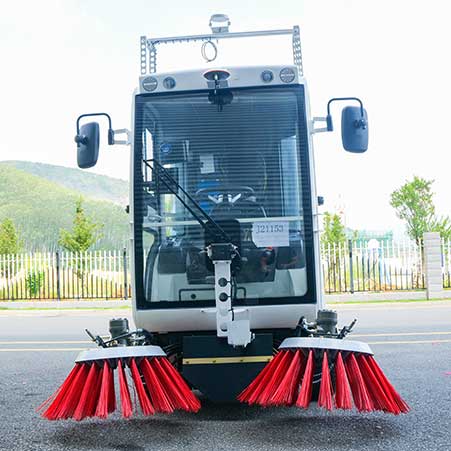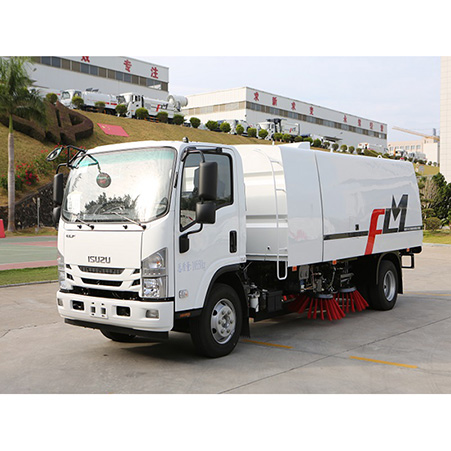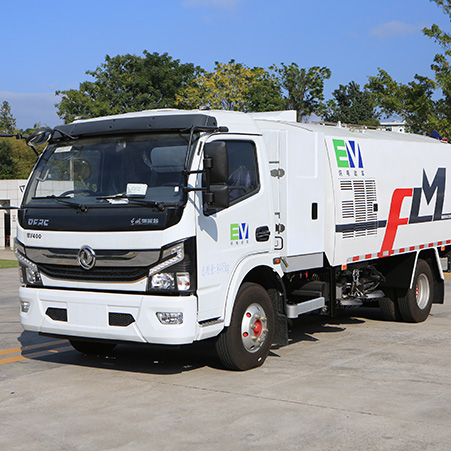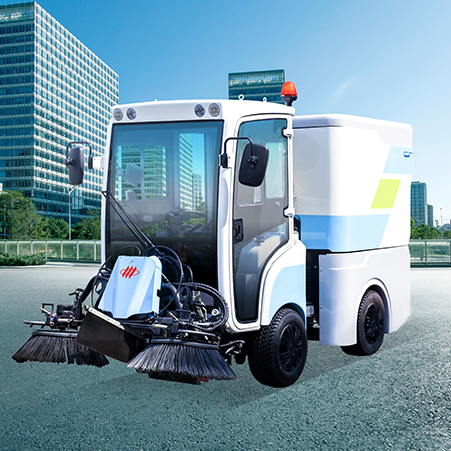Urban pollution is a growing concern in cities worldwide, where the concentration of vehicles, industries, and human activities contributes significantly to environmental degradation. The impact on public health is profound, with urban pollution being linked to respiratory problems, cardiovascular diseases, and other health issues. Furthermore, the environmental consequences are equally severe, leading to loss of biodiversity, water and soil contamination, and contributing to climate change.
In the fight against urban pollution, street sweeper trucks play a pivotal role. These specialized vehicles are designed to clean streets, removing debris and pollutants that can contribute to poor air and water quality. By keeping the urban landscape clean, street sweeper trucks help mitigate pollution’s effects on public health and the environment.
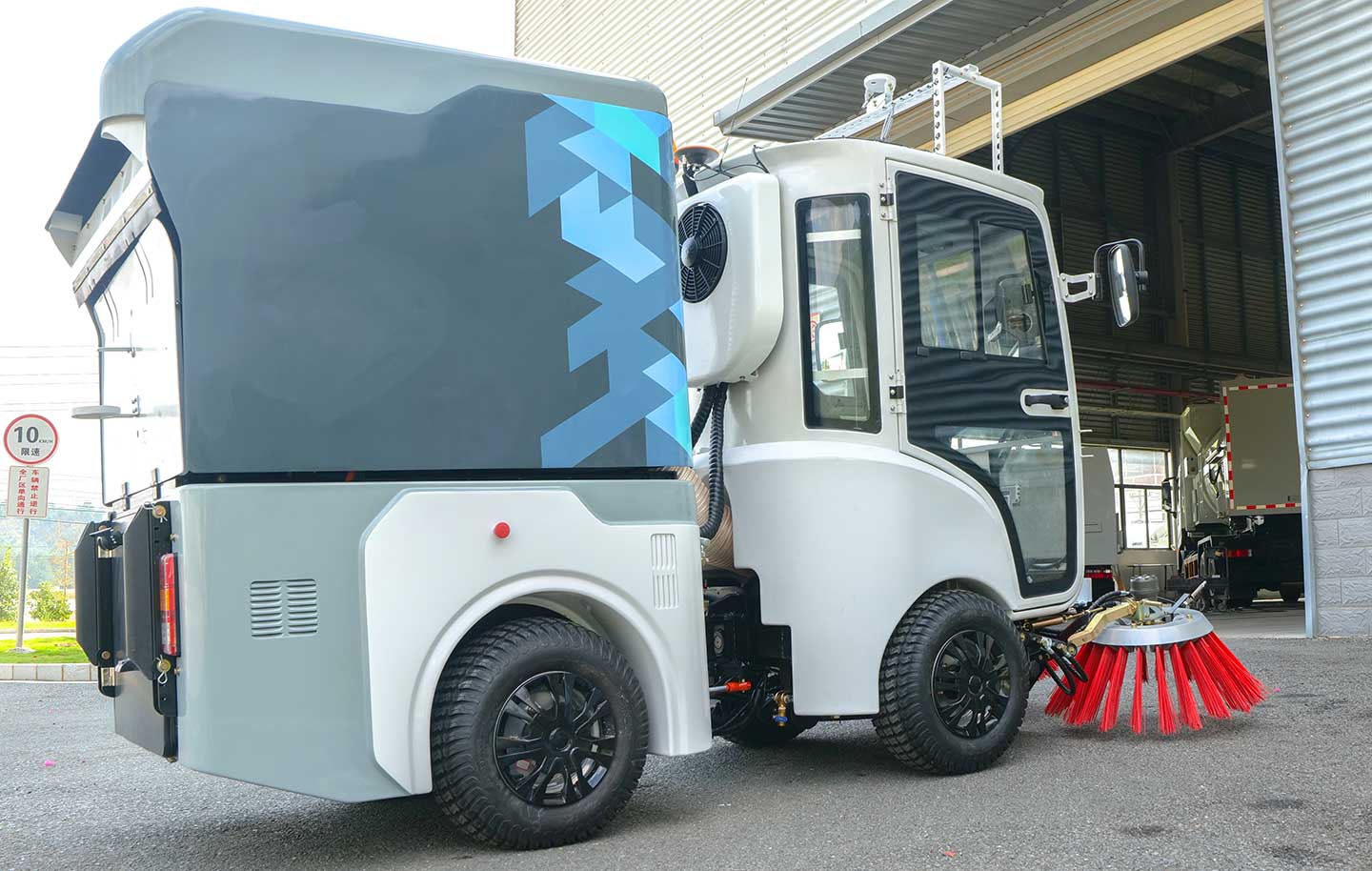
The Role of Street Sweeper Trucks
Street sweeper trucks are specialized vehicles designed to clean and remove dirt, debris, and litter from paved surfaces. They operate on public roads, parking lots, and other urban areas. These trucks maintain cleanliness, prevent water pollution, and enhance overall environmental quality.
Types of Street Sweeper Trucks
There are various types of street sweeper trucks utilized in urban areas. The mechanism of action for these trucks varies, but the goal is the same: pollutant removal efficiency.
Mechanical Broom Sweepers
- Utilize rotating cylindrical brushes to sweep debris onto a conveyor belt and into a hopper.
- Effective for heavy or packed-down material like road millings.
- Ideal for spring cleanup in Snowbelt states.
- Use less fuel compared to other types.
Regenerative Air Sweepers
- Employ a closed-loop system with powerful suction to lift debris into the hopper.
- Efficiently remove fine dust particles and leaves.
- Minimize air pollution by capturing pollutants before recycling the air.
- Low maintenance and environmentally friendly.
Vacuum Sweepers
- Combine vacuum technology with mechanical brooms.
- Effective for both light and heavy debris.
- Optimal for removing pollutants down to 10 microns (PM10).
Mechanism of Action
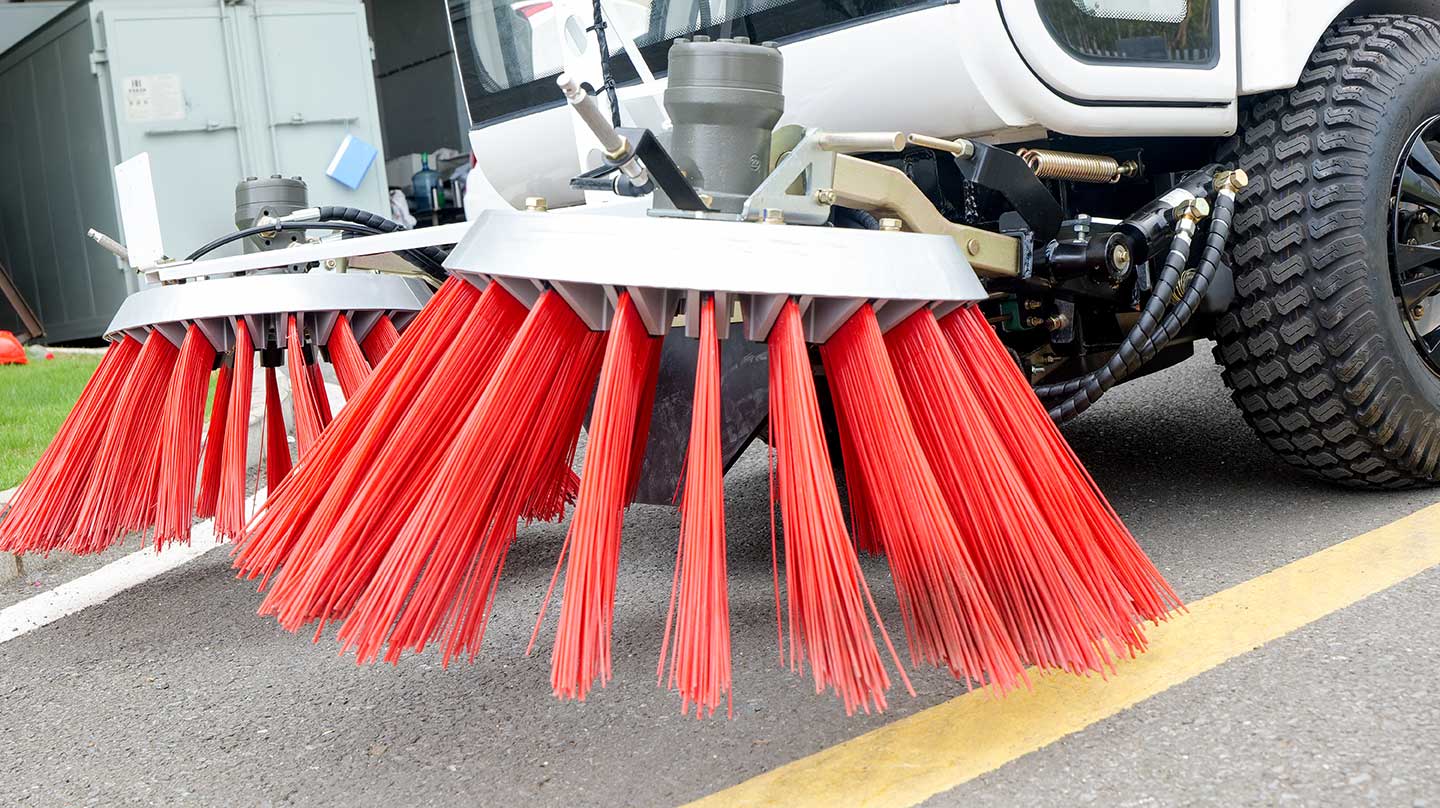
Street sweeper trucks operate by directing dirt toward the center using side brushes and a swinging brush. Collected debris is transported into the hopper for proper disposal. Advanced filtration systems capture dust and particulate matter, improving air quality during sweeping.
Additional Environmental Benefits
Beyond pollutant removal, street sweeper trucks offer additional environmental benefits. They reduce the need for harmful chemicals that might otherwise be used for cleaning, and they help to maintain the aesthetic and functional integrity of urban spaces.
- Water Quality: Sweeper trucks prevent debris and pollutants from entering stormwater systems, reducing water contamination.
- Air Quality: Efficient dust removal minimizes airborne pollutants, contributing to cleaner air.
- Waste Management: Proper debris collection ensures effective waste management.
Innovation and Future Outlook
Innovation is key to the future of street sweeper trucks. Advancements in technology, including the development of autonomous and electric-powered sweepers, promise to enhance efficiency and reduce environmental impact in urban cleaning operations.
- Autonomous Capabilities: Integration of autonomous features for efficient and labor-saving operations.
- Eco-Friendly Power Sources: Electric and hybrid sweepers reduce emissions and operational costs.
- Sensor Technology: Real-time data for optimized cleaning processes.
- Intelligent Control Systems: Enhanced functionality and productivity.
FAQs
How often are street sweeper trucks deployed in urban areas?
Street sweeper trucks are typically deployed on a regular schedule determined by municipal authorities, with frequency varying based on factors such as traffic volume and weather conditions.
Do street sweeper trucks only clean streets, or do they also maintain other urban surfaces?
Street sweeper trucks are versatile machines capable of cleaning a variety of urban surfaces, including streets, sidewalks, alleys, and parking lots.
Can street sweeper trucks handle hazardous materials?
Street sweeper trucks are not designed to handle hazardous materials. They are primarily used for collecting common urban debris such as litter, leaves, and dust.
Are street sweeper trucks environmentally friendly?
Yes, street sweeper trucks contribute to environmental protection by reducing pollution and improving overall cleanliness in urban areas. Many modern street sweeper models also feature environmentally friendly designs and technologies.


